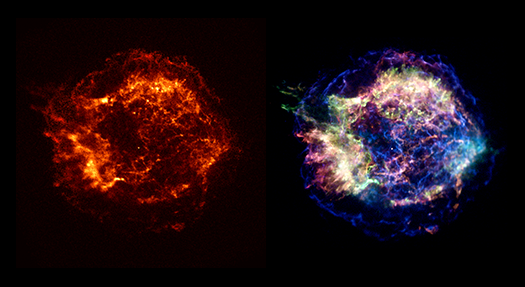Physics question, re. why the sky is dark
So this seems like a nice simple summary of the current/popular view on why the sky is dark:
https://youtu.be/gxJ4M7tyLRE
My question is, why can't it be simply explained by the stars' lifecycle? As a thought experiment, forget the expansion of universe for a second (or pretend we are wrong about it which is actually a possibility, even if small) -- if an average star dies after a few hundred million years (give it take ), could the sky simply be the actual picture of their lifecycle? I.e. there are simply that many stars that far away, we see the light while they are "alive" and no light after they "die"?
), could the sky simply be the actual picture of their lifecycle? I.e. there are simply that many stars that far away, we see the light while they are "alive" and no light after they "die"?
https://youtu.be/gxJ4M7tyLRE
My question is, why can't it be simply explained by the stars' lifecycle? As a thought experiment, forget the expansion of universe for a second (or pretend we are wrong about it which is actually a possibility, even if small) -- if an average star dies after a few hundred million years (give it take
 ), could the sky simply be the actual picture of their lifecycle? I.e. there are simply that many stars that far away, we see the light while they are "alive" and no light after they "die"?
), could the sky simply be the actual picture of their lifecycle? I.e. there are simply that many stars that far away, we see the light while they are "alive" and no light after they "die"?

